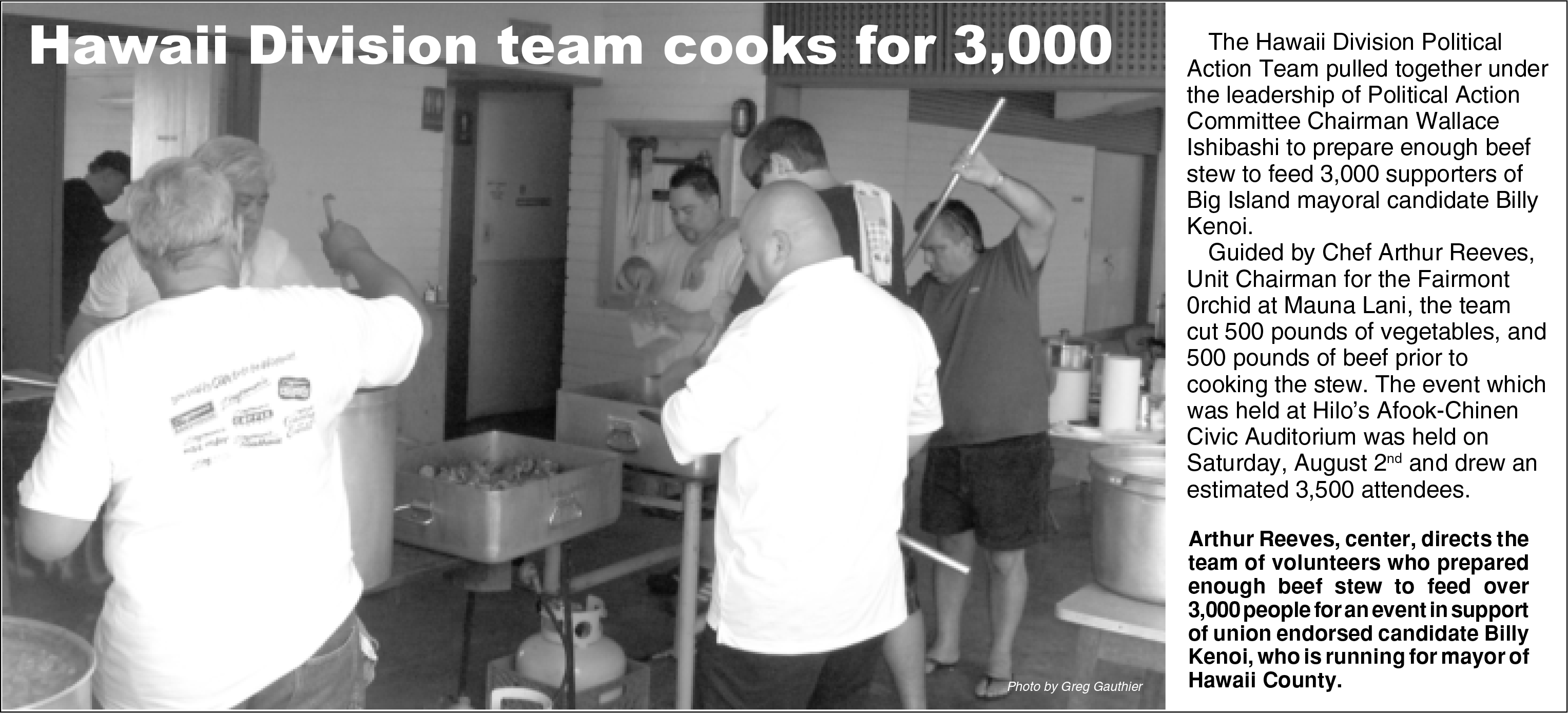Check your doctor and hospital bills, especially large bills. If there’s anything you don’t understand, call your health care provider or health plan.
If you ate at a restaurant and ordered the hamburger dinner, you would question your bill if you were charged for a lobster and a bottle of wine. You should do the same review of your medical bills.
The Medical Billing Advocates of America found 80 percent of hospital bills contained some errors. The errors they found included:
• Duplicate billing - charging twice for the same service, drugs, or supplies.
• Typing errors - entering incorrect billing codes or dollar amounts.
• Canceled work - charging for a test your doctor ordered, then canceled.
• Upcoding - inflating a charge; for example, your doctor prescribed a generic drug, but the bill lists a costlier, brand-name drug.
• Wrong coding - doctors and hospitals use codes to identify various services and procedures. Your health insurance plan interprets these codes. You could be mistakenly charged for a procedure which should be covered by your health plan if the wrong code is entered by your doctor or hospital.
• Inflated operating room fees - charging for more time than the anesthesiologist's records show you used or for more time in an operating room then used.
Hospital billing errors are so common that a new business has developed that specializes in auditing your hospital bills. These companies typically charge one-third of whatever they save on your medical bill.
If they save you nothing, you pay nothing. If you have a $20,000 hospital bill, and the auditors save you $6,000--you would pay the hospital $14,000 and you would pay the auditing company $2,000.
Keep your records
Save everything. Keep your doctor bills and receipts of payments. Save these records for at least one year. Use a file folder or a small plastic storage container which can protect your papers from water damage or bugs.
When you send a claim for reimbursement to HMA or other health care insurance company, keep a copy of everything you send them. Make a copy of the claim form, the bills from your doctor, and the receipts.
It’s a good idea to save all your important papers, such as fire and homeowners insurance, pay stubs, receipts of major purchases and warranties of your appliances.
If you itemize your income taxes, save your receipts of any deductible expenses and donations to charities.
ILWU retirees have fun, stay active at pensioner conference
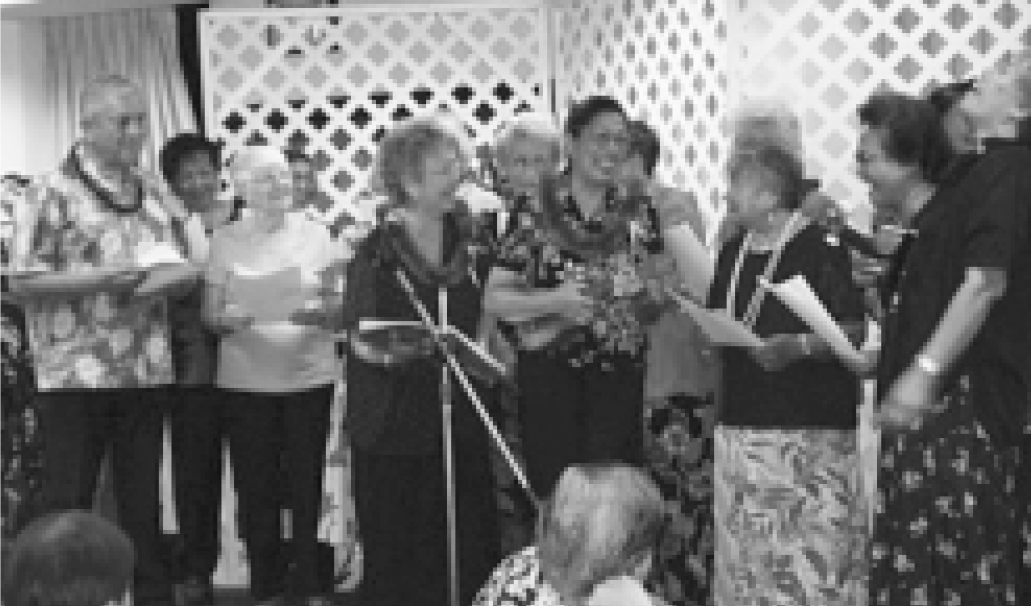
Hawaii Division pensioners entertain the crowd.
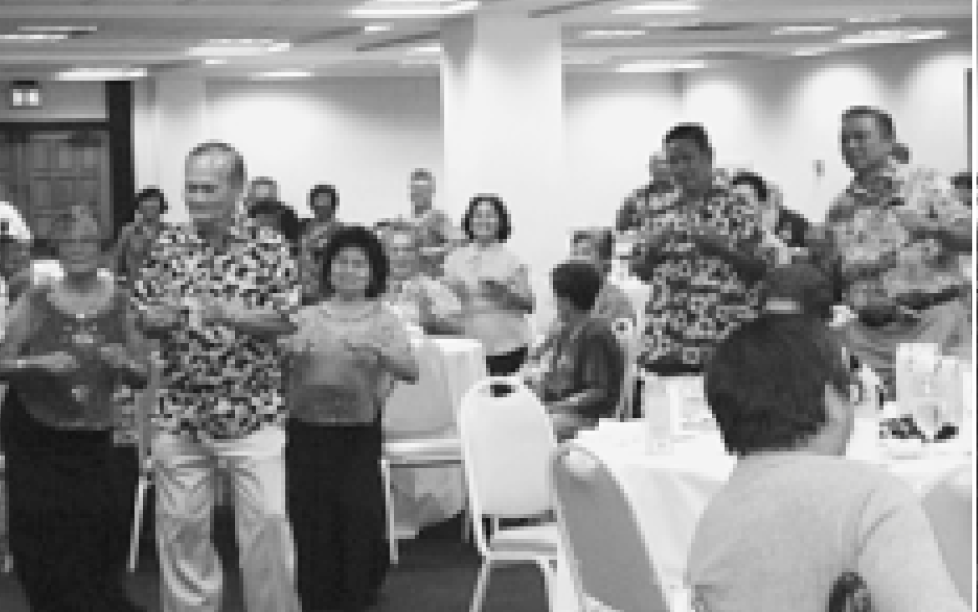
Pensioner conference delegates join in the “chicken dance.”
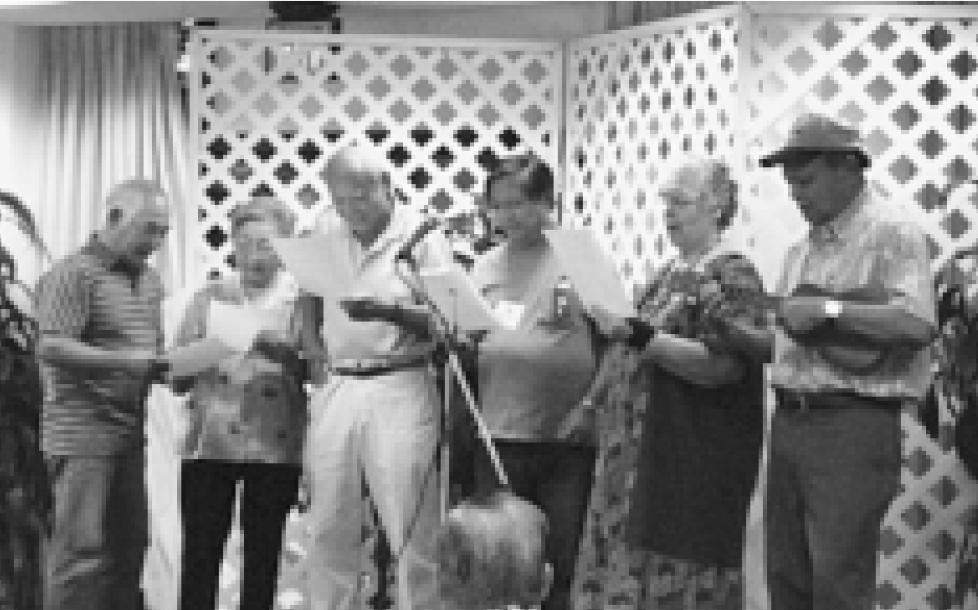
Naalehu and Pahala pensioners combine for a Ka‘u kanikapila.

Pensioners enjoy “Casino Bash” courtesy of Hawaii County Parks & Recreation.
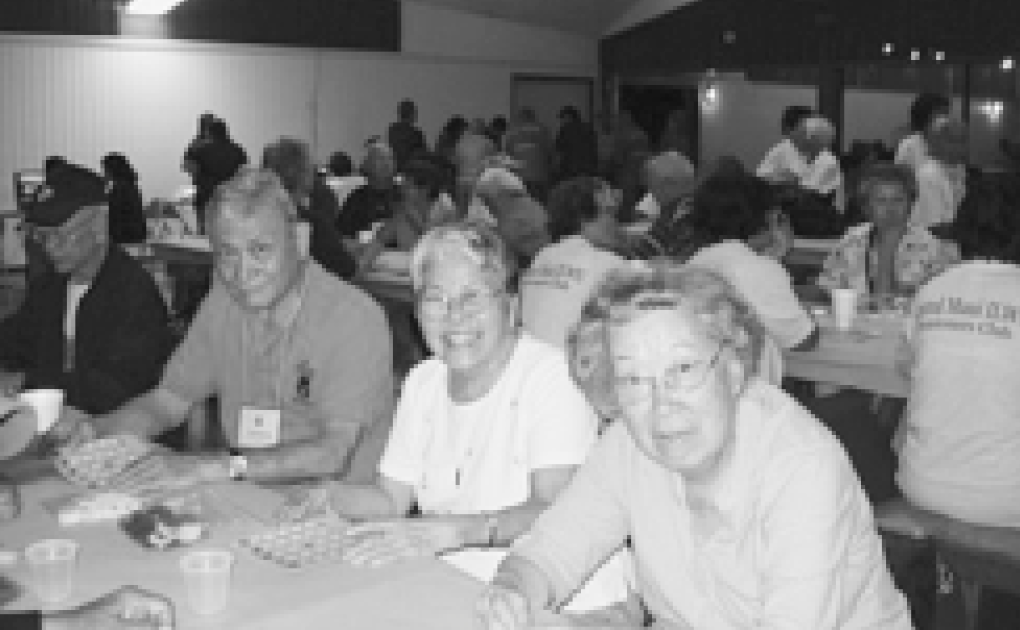
First-time delegates Don and Kimi Matsuda with Haruye Ichiki of the Love’s Bakery club.
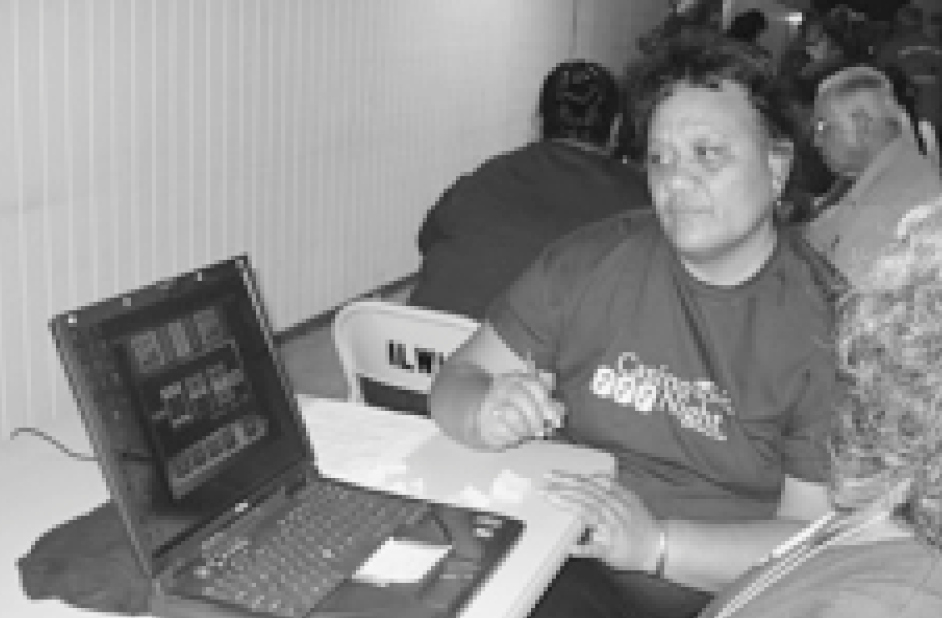
Video “slots” were a hit!
